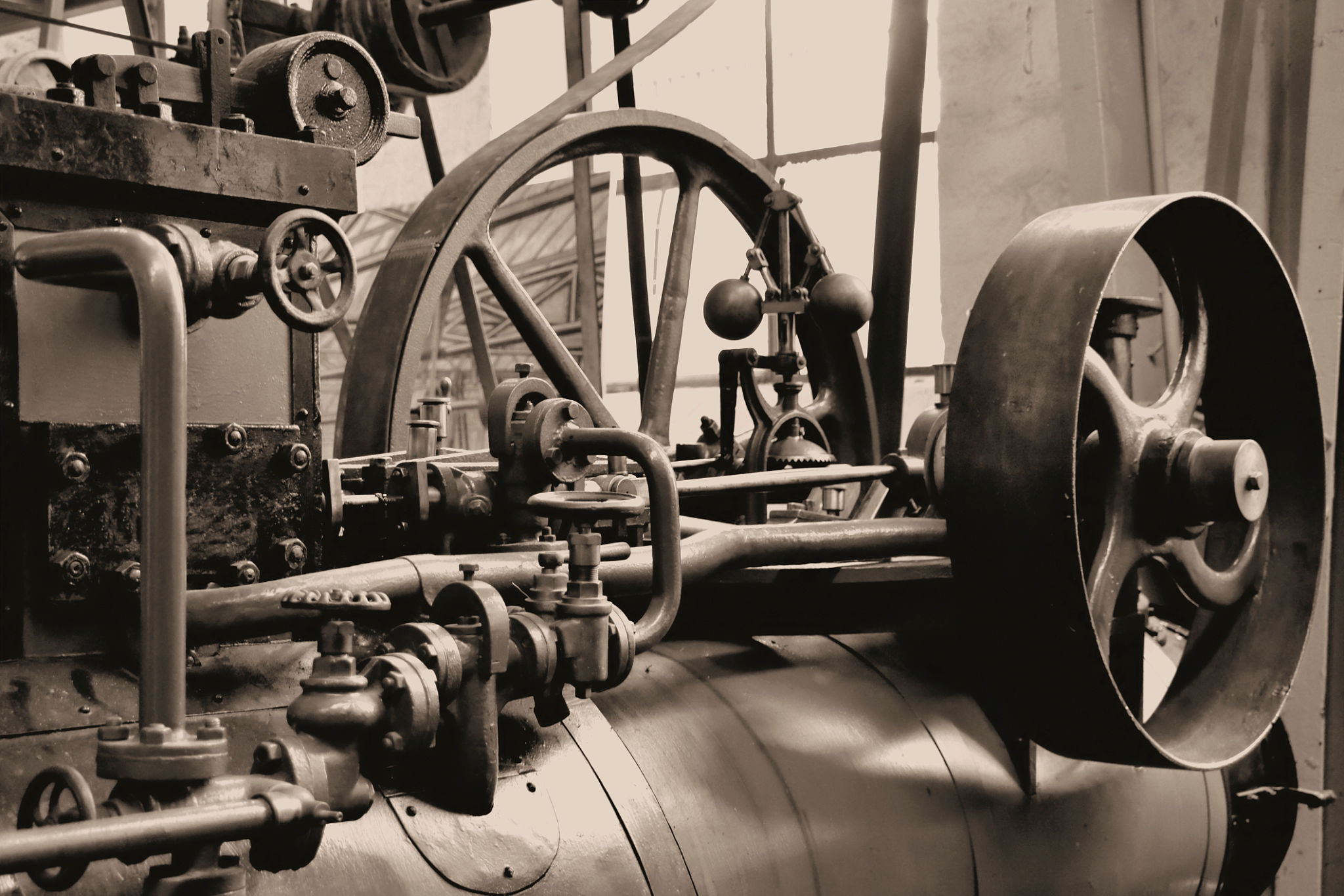Exploring the Journey from Industrialism to Spiritualism Through AI
Understanding Industrialism and Its Impact
The Industrial Revolution marked a significant shift in human history, bringing about technological advancements and economic growth. It transformed societies from agrarian economies to industrial powerhouses, leading to urbanization and mass production. While these changes fostered progress and development, they also led to environmental degradation and a detachment from nature and spirituality.
As industries flourished, the focus on material wealth and economic success often overshadowed spiritual and emotional well-being. This shift created a societal framework that valued productivity over personal fulfillment, causing many to seek a deeper connection with themselves and the world around them.

The Rise of Spiritualism in Modern Times
In recent decades, there has been a growing interest in spiritualism, as people seek to balance the demands of modern life with inner peace and self-awareness. This movement emphasizes the importance of mindfulness, meditation, and a holistic approach to living.
Spiritualism encourages individuals to look beyond materialistic pursuits and explore their inner world. Practices such as yoga, meditation, and alternative healing methods have gained popularity as people strive for harmony between their physical and spiritual selves.

AI: Bridging the Gap Between Industrialism and Spiritualism
Artificial Intelligence (AI) presents a unique opportunity to bridge the gap between industrialism and spiritualism. As AI technology evolves, it enables more personalized experiences that cater to both practical needs and spiritual growth. AI tools can be used to aid in meditation practices, provide insights through data analysis, and even simulate environments for relaxation and self-discovery.
For instance, AI-powered meditation apps can guide users through personalized sessions, helping them achieve mindfulness and reduce stress. These applications reflect the potential of AI to foster a spiritual journey in a world that remains heavily influenced by industrial values.

The Role of AI in Enhancing Spiritual Practices
AI is not just a tool for productivity; it is increasingly becoming an ally in spiritual practices. By analyzing patterns and behaviors, AI can offer tailored recommendations for spiritual growth. Whether through virtual reality environments that provide immersive meditative experiences or chatbots offering spiritual guidance, AI enhances accessibility to spiritual resources.
Furthermore, AI's ability to process vast amounts of information means it can curate content that resonates with individual spiritual needs. This personalization fosters a deeper connection with one's spirituality, demonstrating AI's role in supporting holistic well-being.

Challenges and Considerations
While AI has the potential to enrich spiritual journeys, it's important to approach its integration thoughtfully. There are ethical considerations regarding data privacy and the authenticity of AI-generated content in spiritual contexts. Users must remain aware of these challenges while embracing the benefits AI offers.
The key is finding a balance where technology enhances rather than replaces genuine spiritual experiences. By being mindful of these considerations, individuals can harness AI effectively without compromising the essence of their spiritual practices.
The Future of AI in Spiritual Development
As AI continues to advance, its role in spiritual development will likely expand. Innovations such as AI-driven wearables that monitor mental states or apps that create dynamic spiritual communities are just the beginning of what's possible. The integration of AI into spiritualism promises a future where technology supports deeper self-discovery and personal growth.
The journey from industrialism to spiritualism through AI is an ongoing exploration. By leveraging technology thoughtfully, individuals can cultivate a balanced lifestyle that honors both progress and inner peace.
